Creating a Powerful Strategy in Uncertain Times | Rosie Yeo | Episode 223
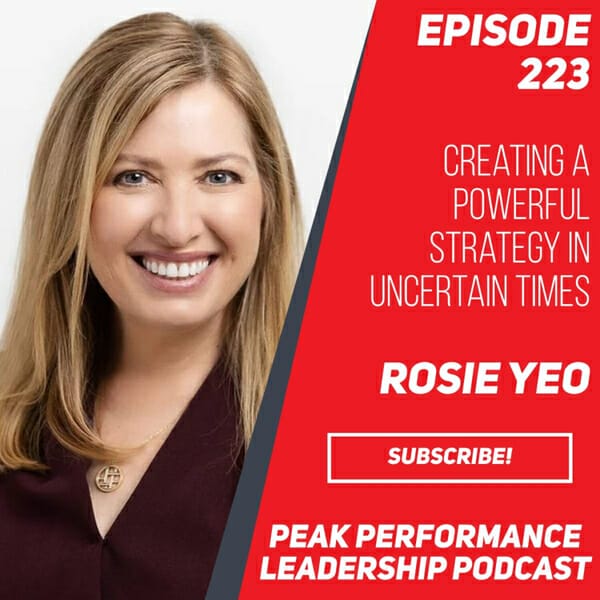
Good leaders know that strategy is vital when it comes to organizational longevity, but it’s not always easy to come up with fresh ideas needed for success, let alone bring them to life. Uncertainty about the future, the pressure of competition and risk aversion saps confidence and enthusiasm and produces timid templates for maintaining the status quo. There’s a better way.
Putting Strategy First | Brad Chase | Episode 172
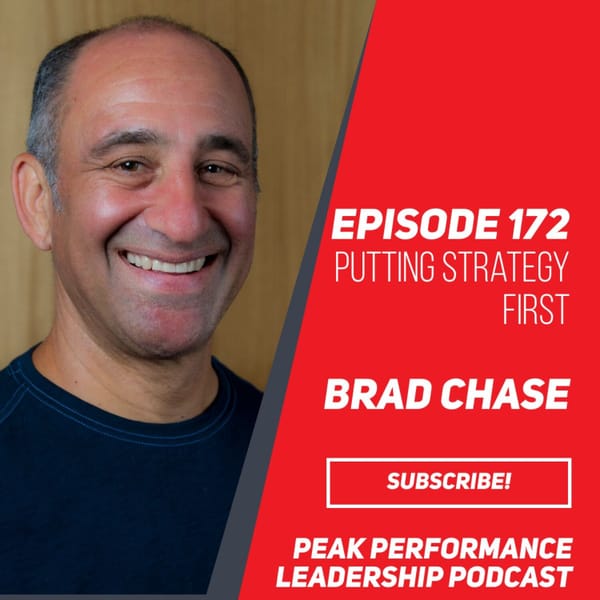
The importance of strategy cannot be understated. You organization is like a ship and its strategy is the rudder. With out the rudder, the ship will sail in circles and ultimately go nowhere. With a steady rudder (strategy) and an experience Captain (you the leader) your ship will get to its destination. Sure there’ll be waves along the way, maybe a detour or two, but that is how you operate to achieve success.
Brad Chase has had a broad and extensive business career. He has advised leaders of businesses of many different sizes, from startups to Fortune 500 firms, and in many different kinds of markets, from mobile and education to enterprises and consumer services. Some of the companies he has worked with include GE, Telstra, VMware, Mozy (a subsidiary of EMC), Blucora, Sonos, Vizrea, and Crisply. He has also held leadership positions on the boards of many companies and nonprofit organizations, including Expedia, Ooyala, DreamBox, Brooks, Boys and Girls Clubs of King County, and The Nature Conservancy. As a public speaker, Brad has spoken about his particular theory on business strategy, Strategy First, to executives at large and small businesses, to incubators, at conferences, and to students at topflight MBA programs. Before consulting, board work, and speaking, Brad spent 14 years at Microsoft finishing his tenure as a Senior Vice President and Executive Officer managing a team of over 4,000. From April 1999 until mid-2002, Brad led MSN.com’s transformation from an unsuccessful internet service to the worldwide traffic and search leader. Under his leadership at MSN, search traffic, revenue, and internal team morale all more than doubled.
Measure, Execute, WIN | Alex Castro | Episode 169

There’s no lack of good ideas in today’s business world, yet 50% of them are doomed to failure. Executives will often greenlight a strategic initiative based on a business case and financial analyses alone, with no idea whether their company has the ability to execute it successfully. But there’s a better way to make corporate […]
Blend Your Culture, Strategy, and Execution | Dan Bruder | Episode 159
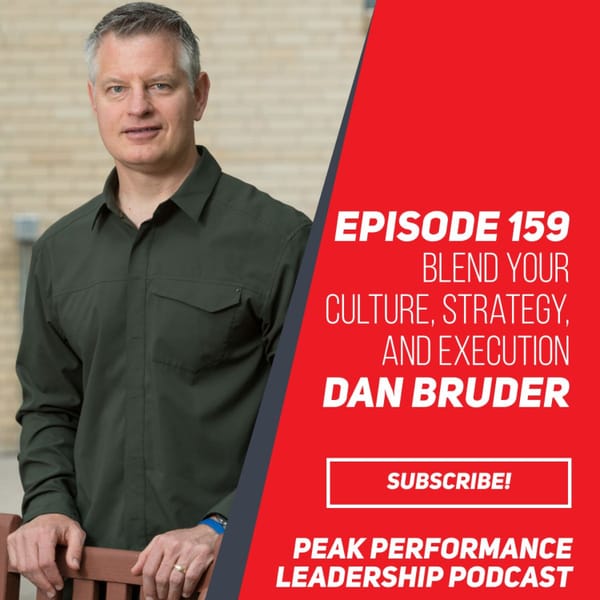
Competitive advantage and financial gain have become widely accepted strategic priorities for companies. Yes, many companies invest in professional development for employees and support volunteer and charitable programs. Yet, such efforts are rarely incorporated into the organization’s core focus, outcomes, and actions, let alone its true purpose for being in business. Putting competition and profits first not only devalues individual workers; it hurts the entire organization. With the outbreak of COVID-19, many people responded with anxiety and lost their motivation for working as their companies scrambled to adapt to the challenges, including managing a remote workforce. Focusing on problems and clinging to the goal of market dominance at all costs takes a toll on employees, customers, and their communities, as well as a company’s reputation and bottom line.
How to get your Business’ Strategy in Gear | Sean Ryan | Episode 154
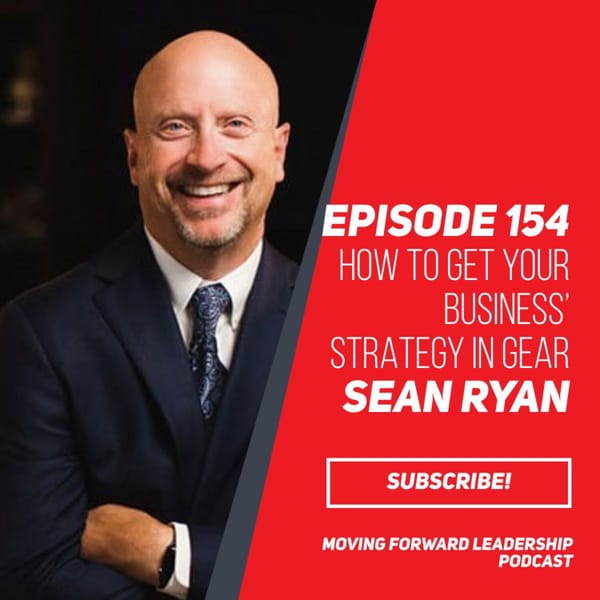
Far too many organizations do a poor job of translating their well-formulated strategies into their anticipated results. Whether related to unclear goals, lack of accountability or undertaking activities irrelevant to results, the inability to deliver comes from poor execution. To actively manage your organization so that everyone is working toward a common vision, strategy and set of priorities requires aligning “seven gears of execution” to alleviate the friction that’s slowing you down. These involve ensuring you have the right people in the right roles with the right capabilities; you align your organizational architecture in the direction of your strategy; you promote a culture of communication; and more.
The Strategy Mindset 2.0 | Chuck Bamford | Episode 105
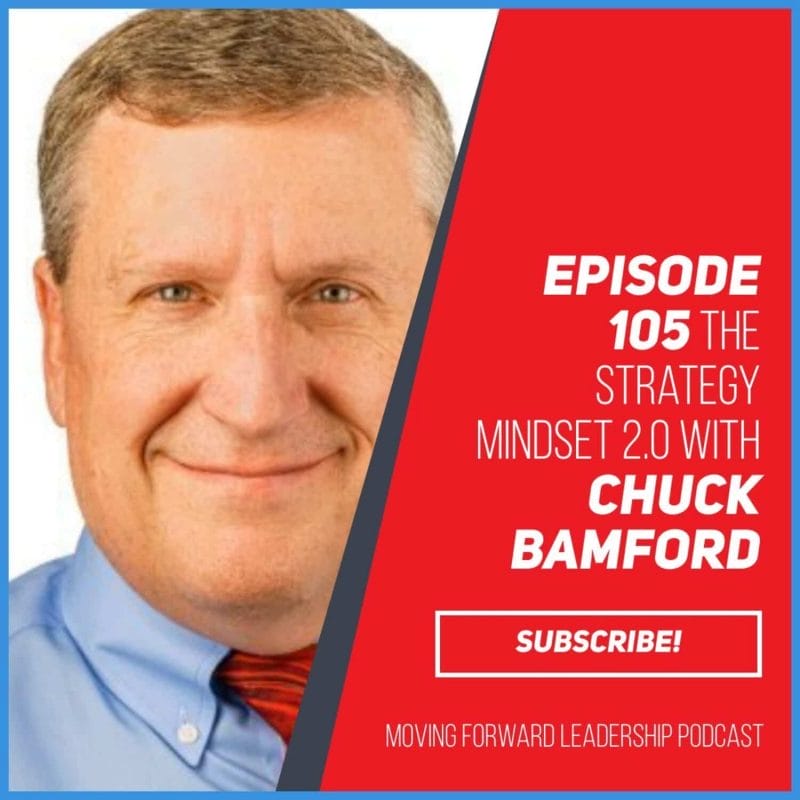
Far too many organizations formulate their strategy with antiquated approaches designed to make everyone feel good, and then fail to implement anything meaningful. Ineffective strategies, assessed using assumptions rather than quantifiable metrics, muddy organizations’ abilities to hone an identity that will make them stand out. Developing goals around the business’s true competitive advantages — determined […]
